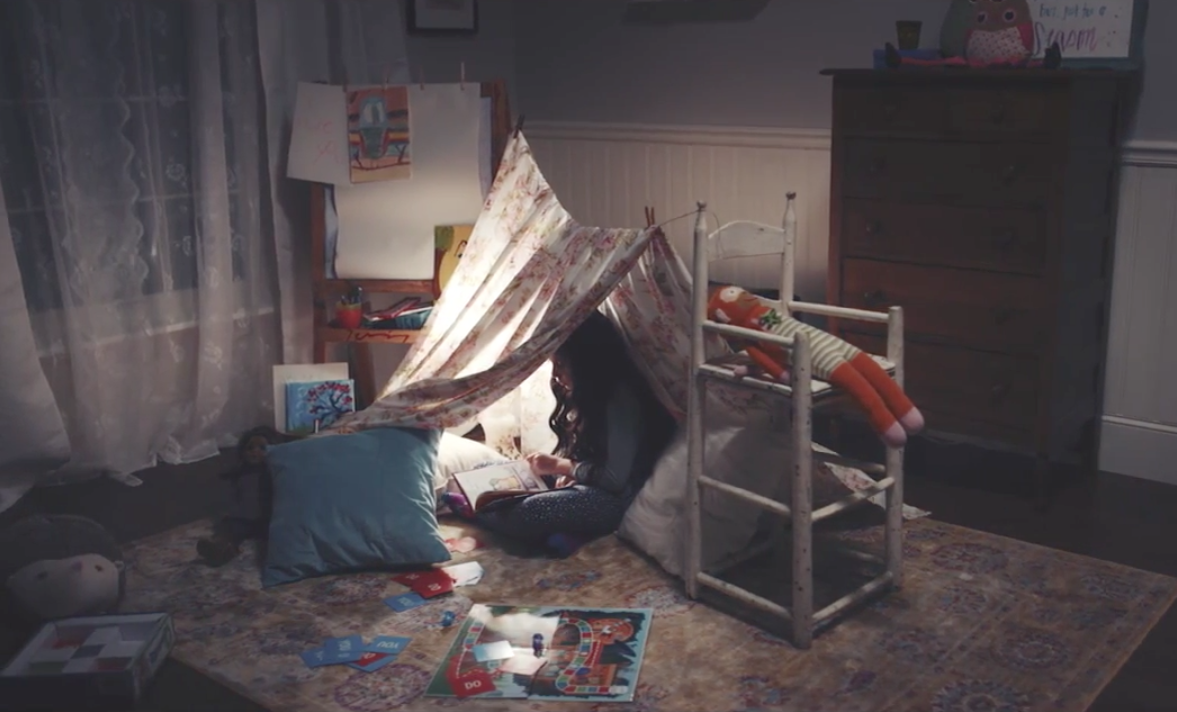
One major parenting goal many of us have is to raise kids who show compassion for others. In fact, I’d be willing to bet a lot of us have compassion near the top of our lists, right up there with courage, kindness, and perseverance. But before we raise compassionate kids, we need to help them develop the skill of noticing others and the needs around them.
But how do we raise kids who are able to look beyond themselves? How do we help our kids to notice others and their needs? Here are a few suggestions:
Model noticing things aloud. You are your kid’s best teacher. So, the best way you can help your kids cultivate the skill of noticing is to talk about what you notice throughout your day. Make comments on what you observe during your walk or something you noticed in a song you’re listening to. Make this into a daily habit to show your kids what it looks like to slow down and actually see the world around you.
Teach your kids the value of pausing. Life and thoughts come at us fast, and it’s not unusual for the day to get away from us. And if you keep up that pace, you’ll find yourself wondering month after month where the time went. Help your kid understand the value of slowing down. This means simplifying your family’s rhythm and schedule, allowing for breathing room in your everyday lives.
Make noticing into a game. Kids learn a lot through play, so adding an element of fun to observation might be what your kid needs to really make this skill stick. While you’re watching a show or movie, pause it from time to time and ask your kids what they notice about the character—what they might be feeling or what they anticipate will happen next. During car rides, ask your kids to name five things they see. While you’re out on a walk, ask your kid to name three things they hear. While you’re in a crowd, ask your kid to list ways they could help someone they see. Ask them about some things they’re noticing at school. These small moments will get them into the habit of tuning into the world around them.
Ask them what they notice around the house that they can help with. Instead of assigning tasks, ask your kid to pause and take note of what needs to be cleaned or picked up before moving on to the next task or activity. Once they name the activity, ask them to complete the task and to ask for help, if they need it.
Ask their opinions on what they’re seeing and experiencing. If you notice your kid is focusing on something or they seem really contemplative, ask them about it. Be mindful of letting them express themselves without interruption or correction. If you want to add something to the conversation, ask them, “Do you want to know what I think about that?” before sharing.
Observation precedes compassion. When we help our kids cultivate the skill of noticing others, their needs, and their struggles, we can raise a generation of compassionate adults who are in tune with the big world that exists outside of themselves.



